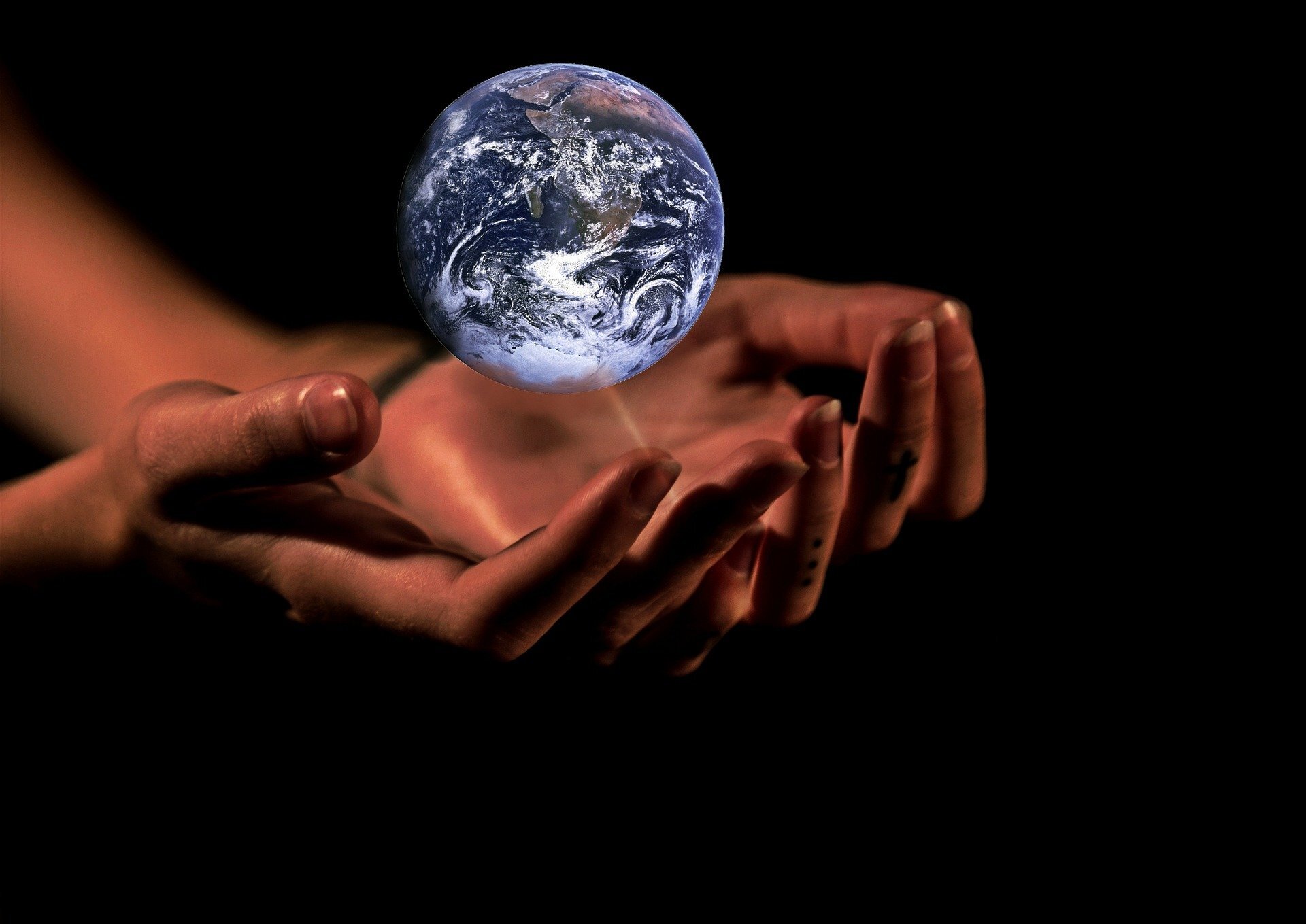11 Dec 2024

Tired Earth
By The Editorial Board

"If we don't take action today on planet health, we are putting our future health at risk. And when health is at risk, everything is at risk. That's what we have learned from COVID-19," Takeshi Kasai, WHO regional director for the Western Pacific Region said addressing a virtual press conference from Manila on 7 April, World Health Day
"Climate crisis is also a health crisis since climate change affects health in many different ways," Kasai said, emphasizing the need to build sustainable, climate-resilient health systems.
Annually, 3.5 million people across the WHO Western Pacific Region die from avoidable environmental causes such as air pollution, extreme weather events or waterborne diseases; and every 14seconds a person dies from air pollution in the region. High levels of air pollution are also leading to a rise in non-communicable diseases, including strokes and heart and lung diseases.
The impact of climate change on human health is most vivid in the small Pacific Island developing countries, which have the smallest carbon footprint. Each year, these countries make up two-thirds of the countries globally that suffer the highest relative losses from environmental disasters, according to the WHO.
The third installment of the UN Intergovernmental Panel on Climate Change's (IPCC) Sixth Assessment Report released on 4 April shows that limiting warming to around 2 degrees Celsius still requires global greenhouse gas emissions to peak before 2025, and be reduced by a quarter by 2030. The IPCC report focuses on cutting emissions and sets out viable options in every sector that can keep the possibility of limiting warming to 1.5 degrees Celsius alive.
"Currently the health sector makes up around five percent of the global climate footprint and we can do better," said Fiji's Minister for Health and Medical Services, Ifereimi Waqainabete, at the event.
Waqainabete said the health sector can play a leading role by reducing its own emissions and having effective mitigation and adaptation strategies to deal with the health impacts of the changing climate.
Fiji was one of the first countries in the world to release its own national guidelines for climate-resilient, environmentally sustainable healthcare facilities. "This is guiding our interventions to strengthen and reduce our environmental footprint across key areas: water, sanitation, hygiene, air pollution, energy infrastructure, technology and the health workforce," Waqainabete added.
Speaking at the WHO event, Renzo Guinto, a physician and public health specialist from the Philippines said, "We need healthcare that is adaptive to the health impacts of climate change, that bends without breaking, with a ready workforce and stable supplies as we must be the last sector standing when climate disaster strikes."
While the Philippines faces increasingly serious health risks as the climate crisis worsens, the measures being undertaken do not address slow onset climatic impacts, said Renato Redentor Constantino, executive director of the Institute for Climate and Sustainable Cities.
Constantino cited WHO projections that the mean annual temperature in the Philippines could rise by about 3.7 degrees Celsius during 1990–2100 in a high-emissions scenario. "The projected increase in heat indices means that there will be an increasingly severe and regular thermal impact on labor, particularly affecting those working in agriculture, contractual arrangements without health care coverage and informal urban services and enterprises."
"Higher temperatures will worsen land and water scarcity, flooding conditions, drought and displacement, all of which severely affect agricultural production, which in turn will cause more breakdowns in food systems," Constantino said, adding that rising heat will also increase hypertensive levels among women.
Despite the urgency, the progress in achieving the climate targets is being impeded. "The fundamental challenge is how to move beyond the rhetoric and take actual practical action. The key to that is understanding that action isn't just needed, but action is also possible," Mark Jacobs, Pacific technical support director and WHO representative for the South Pacific, told SciDev.Net.
"We don't need to optimistically wait for someone else to come up with a big solution to this. We can and should all be taking our own steps to reduce our own contribution to climate change as individuals, as families, as communities and as countries," Jacobs added.
Under a business-as-usual scenario, it is estimated that between 2030 and 2050, climate change will cause an additional 250,000 deaths annually.
"By putting health and equity at the center of climate policymaking, governments can deliver policies that garner widespread support and maximize returns on investment," Jeni Miller, executive director of the Global Climate and Health Alliance, said in a media release.
"Policies that reduce greenhouse gas emissions can also deliver cleaner air and water, healthier diets, more liveable cities, and transportation systems designed to benefit the health and well-being of people," Miller added.
Source : phys.org
Comment